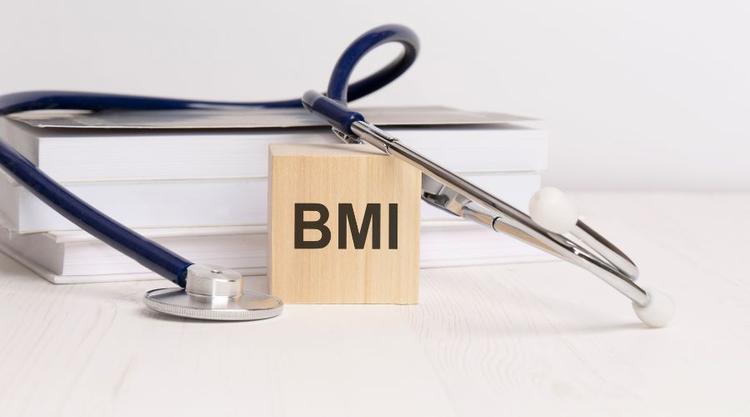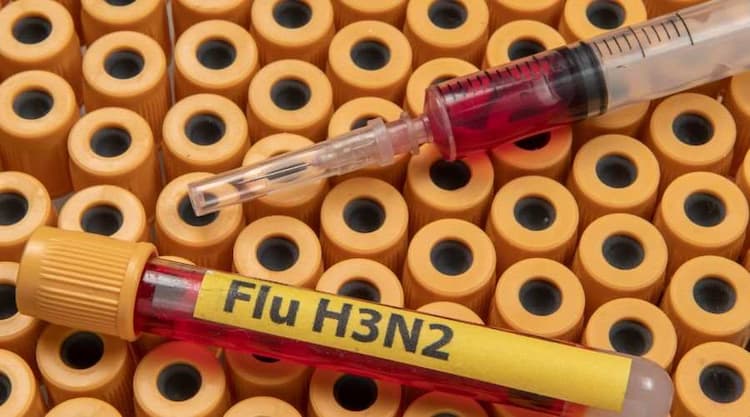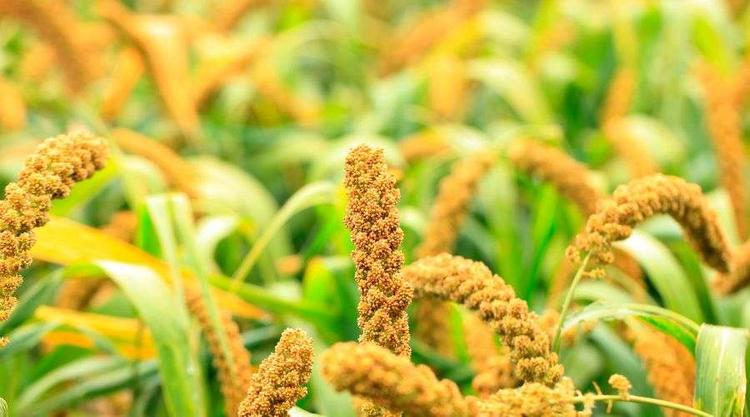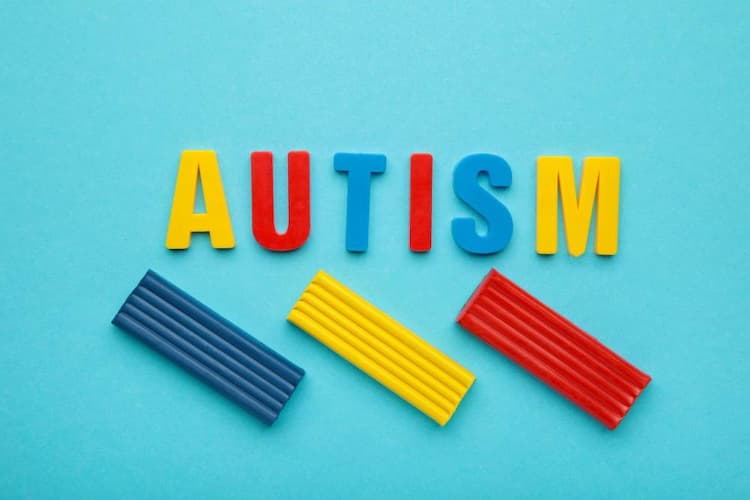Hypertension - Causes, Symptoms, Treatment

Medically Reviewed By
Dr. Ragiinii Sharma
Written By Prekshi Garg
on Aug 5, 2022
Last Edit Made By Prekshi Garg
on Mar 17, 2024
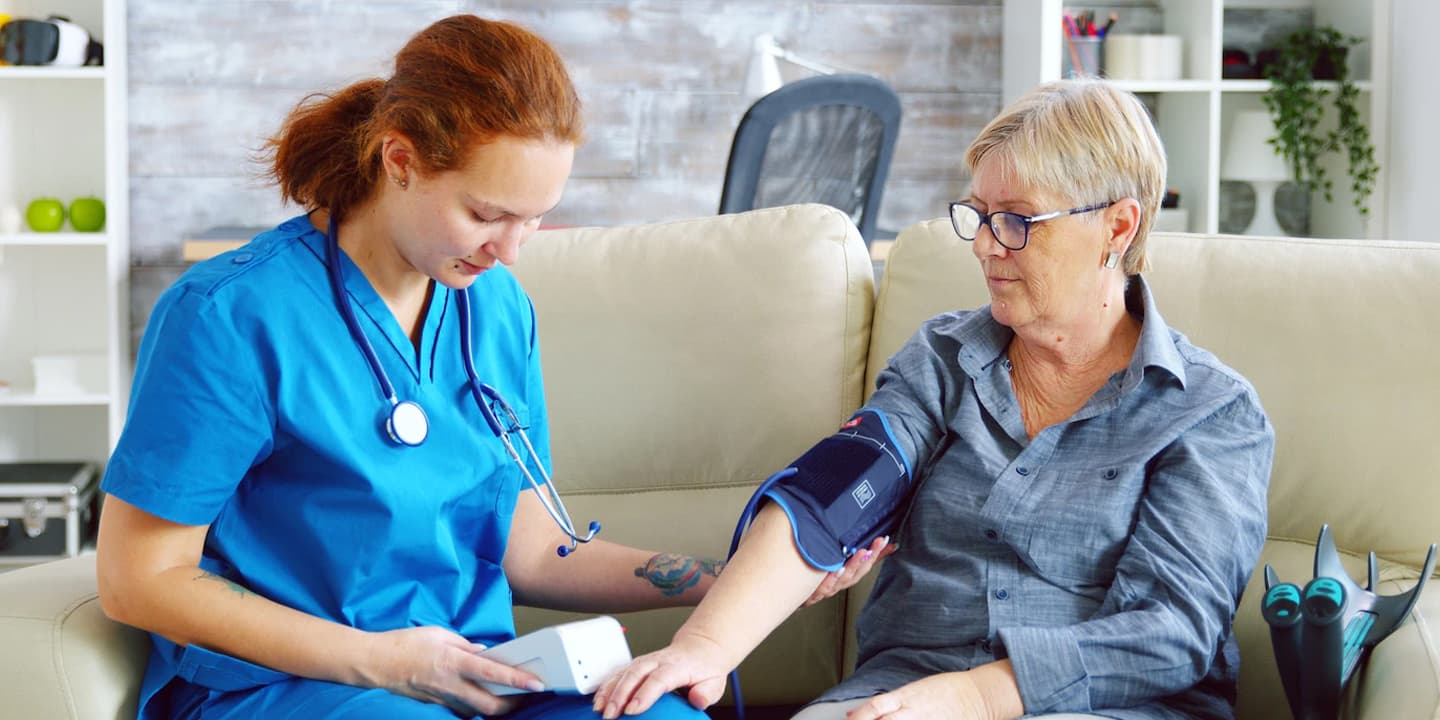
Hypertension or high blood pressure refers to increased pressure on blood flow through arteries. It is a serious condition that can impact the kidney, brain, and heart and can lead to other diseases as well. According to the World Health Organisation (WHO), around 1.28 billion people between 30 - 79 years of age in low and middle-income countries across the world have hypertension. In around 46% of adults, hypertension remains undiagnosed. In India, around 33% of people in the urban area and 25% of people in the rural areas have hypertension. Of these, 25% of rural Indians and 42% of urban Indians have undiagnosed hypertension. With the cases of hypertension at such an alarming stage, the masses must be made aware of this disease. In this article let us know about hypertension, its normal range, symptoms, future complications, causes, risk factors, and treatment.
What is hypertension?
Hypertension refers to high blood pressure generally due to the narrowing of the arteries. High blood pressure consists of systolic and diastolic blood pressure. High blood pressure can be primary or secondary. Primary or essential high blood pressure is caused due to ageing and unhealthy lifestyle habits. In contrast, secondary high blood pressure is caused due to different health problems and medicines you might be taking. Depending upon how high your blood pressure is, hypertension can be classified into 5 categories.
| S.No. | Blood pressure category | Systolic pressure | Diastolic pressure | Description |
| 1. | Healthy | < 120 mm Hg | < 80 mm Hg | |
| 2. | Elevated | 120 - 129 mm Hg | < 80 mm Hg | Medicines at this stage are not prescribed and lifestyle modification is encouraged. |
| 3. | Stage I hypertension | 130 -139 mm Hg | 80 - 89 mm Hg | It occurs even if either systolic or diastolic pressure is in the mentioned range. |
| 4. | Stage II hypertension | > 140 mm Hg | > 90 mm Hg | It occurs even if either systolic or diastolic pressure is in the mentioned range. |
| 5. | Hypertension crisis | > 180 mm Hg | > 120 mm Hg | This stage requires immediate medical attention. At this stage, you may show symptoms like headache, chest pain, shortness of breath, and visual changes. |
What are the causes of hypertension?
According to the National Health Society (NHS), hypertension or high blood pressure is generally caused due to some underlying medical condition or due to the long-term use of certain medicines. The various underlying health conditions that can lead to high blood pressure include
- Diabetes
- Kidney disease or long-term kidney infection
- Obstructive sleep apnoea (it refers to normal interrupted breathing during sleeping caused due to relaxation and narrowing down of the walls of the throat.
- Narrowing of the supply of arteries in the kidney
- Glomerulonephritis leading to damage to the tiny filters inside the kidney
- Lupus (it is a condition wherein the immune system attacks different parts of the body like joints, skin, and organs.
- Hormonal problems (like hypothyroidism, hyperthyroidism, acromegaly, Cushing’s syndrome, pheochromocytoma, and hyperaldosteronism.
- Scleroderma (a skin condition that is characterised by thick skin, and problems related to blood vessels and organs.
The blood pressure can also be increased due to certain medicines like
- Steroids
- Contraceptive pills
- Non-steroidal anti-inflammatory drugs (NSAIDs) like naproxen and ibuprofen.
- Herbal medicines that contain liquorice
- Some medicines used for treating cold and cough
- Selective serotonin-noradrenaline reuptake inhibitor (SSNRI) antidepressants like venlafaxine
- Use of recreational drugs like amphetamines and cocaine.
Who is at a higher risk of developing hypertension?
A certain group of people is more susceptible to high blood pressure. These groups are:
- People who are overweight, that is, have a higher body mass index.
- People who live a sedentary lifestyle, that is, who do not exercise regularly
- People who have increased intake of salt in their diet along with reduced consumption of fruits and vegetables
- People who drink too much alcohol or are addicted to caffeine-based drinks
- People who are heavy smokers
- People with a family history of high blood pressure
- People who are above 65 years of age
- People who do not get sound sleep
- People who live in a deprived area
What are the symptoms of hypertension?
Hypertension is often referred to as the silent killer because, most often, no symptoms are associated with it. Thus doctors often recommend checking your blood pressure regularly if you fall in the high-risk group. This is because if hypertension is left undiagnosed or untreated, it can damage the blood vessels, heart, and other body organs like kidneys. In some rare and severe cases, hypertension may exhibit certain symptoms like
- Anxiety
- Sweating
- Blushing
- Sleeping disorders
- Headache
- Bleeding from the nose
Can hypertension lead to future complications?
Since hypertension is asymptomatic, it is usually not diagnosed or treated on time. Long-term unmanaged hypertension can lead to several future health complications. These complications include
- Atherosclerosis is caused due to development of plaques on the walls of the blood vessel.
- Heart attack and heart failure
- Kidney failure
- Formation of an atypical bulge in the wall of the artery that may burst (aneurysm)
- Amputation
- Stroke
- Hypertensive retinopathy in the eye, which may lead to blindness in the long run.
How can hypertension be treated?
The increased blood pressure or hypertension can lead to various health complications in the future, including stroke and heart disease, and sometimes may lead to death. Therefore, it is crucial to treat and manage hypertension effectively. Lifestyle modifications are the first line of defence in the treatment of hypertension.
Reduce stress
Stress also contributes to increased blood pressure. Therefore, if you stress yourself too much or are too anxious about things, make sure that you reduce your stress levels to see a considerable change in your blood pressure. A few techniques that you can practice to reduce your stress levels include warm baths, long walks, yoga, and meditation.
Regular exercise
According to medical professionals, you must indulge in moderate-intensity aerobic exercise for 150 minutes per week irrespective of whether you have hypertension or not. If you do high-intensity exercise, you can limit it to 75 minutes per week. Apart from this, strength training at least twice a week has also proved to be helpful. Thus, make sure that you exercise for 5 days every week. You can do simple exercises such as jogging, walking, swimming, and cycling.
Diet
Diet plays an essential role in the management and treatment of any disease. Therefore, if you have high blood pressure, you should surely make certain changes in your diet to manage blood pressure effectively. Certain changes a hypertensive patient needs to make in their diet are listed below.
Limit alcohol consumption
Excessive alcohol consumption is one of the biggest reasons for many health disorders. Therefore, make sure you limit your alcohol consumption to moderate levels to manage blood pressure efficiently. According to the American Heart Association (AHA), a maximum of two drinks are recommended for males and one for females.
Reduce your intake of salts
Increased intake of sodium or salt also plays an important role in elevating blood pressure. Therefore, if you are diagnosed with high blood pressure, try limiting your intake of salt in your diet. According to the American Heart Association (AHA), people who do not have hypertension can consume 1 teaspoon, that is, 2.300 mg of sodium per day. In contrast, people with hypertension should consume less than 1500 mg of sodium per day.
Include fruits and vegetables in your diet
If you have high blood pressure or you are at a higher risk of developing high blood pressure, then you must make attempts to replace your intake of saturated fats with unsaturated fats. Avoid including hydrogenated vegetable oils, animal fat, trans fat, and processed fast food in your diet. The heart-healthy food that people with high blood pressure should include in their diet are:
- High fibre food like whole grains
- Pulses like beans, chickpeas, and lentils
- Fruits and vegetables
- Non-Tropical vegetable oil like olive oil
- Nuts
- Low-fat dairy products
- Skinless poultry and fish
- Fish rich in omega-3 fatty acids can be consumed twice a week as they have a protective effect on your heart
DASH diet
According to the U.S. National Heart, Lung, and Blood Institute (NHLBI), the DASH diet is recommended for people who have high blood pressure. DASH diet refers to Dietary Approaches to Stop Hypertension. Benefits of the DASH diet:
- Balanced eating plan
- Flexible
- Reduces the level of fat in the bloodstream
- Lowers high blood pressure
- Reduces the risk of cardiovascular diseases
Manage body weight
Obesity is another major factor causing various diseases, including hypertension. Decreased blood pressure usually leads to weight loss because the heart cannot pump enough blood around your body. Therefore, it is always suggested that one should eat a balanced diet according to gender, size, and activity level.
Medicines
Specific antihypertensive medicines are used to treat hypertension. These medicines are initially started at a very low dose. Later, two or more drugs are combined to manage blood pressure. These medicines have minimal side effects and, therefore can be used safely at a recommended dose only. The hypertension medicines that are generally prescribed by the doctors include:
- Alpha and beta-blockers
- Diuretics like chlorthalidone, thiazides, and indapamide
- Calcium channel blockers
- Peripheral adrenergic inhibitor
- Central agonists
- Angiotensin-converting enzyme (ACE) inhibitors
- Vasodilators
- Angiotensin receptor blockers
Takeaway
Hypertension or high blood pressure is a serious condition. High blood pressure refers to the flow of blood through the arteries with increased pressure. Hypertension is generally asymptomatic which makes its diagnosis and treatment at the right time. Untreated high blood pressure can lead to a serious impact on your health. The blood pressure should thus be checked at regular intervals so that time management can be done to prevent any future health complications. Now that you know the major normal levels of blood pressure, causes of high blood pressure, its symptoms, complications, risk factors, and treatment, you are in a better position to diagnose your health condition better. Make sure that you make the lifestyle changes suggested in the article to not only treat hypertension but also prevent it.
Frequently Asked Questions (FAQs)
-
What are the stages of hypertension?
Hypertension is classified into four stages, that is, normal, prehypertension or mild, stage I or moderate, and stage II or severe hypertension.
-
How do you feel when you have high blood pressure?
In case of high blood pressure, you may feel symptoms like headache, shortness of breath, anxiety, palpitations, bleeding from nose, or pulsations in the neck.
-
What exercises should I avoid for high blood pressure?
If you have high blood pressure, avoid short-term intensive exercises like weightlifting and sprinting, as they can strain your blood vessels and heart too much.
